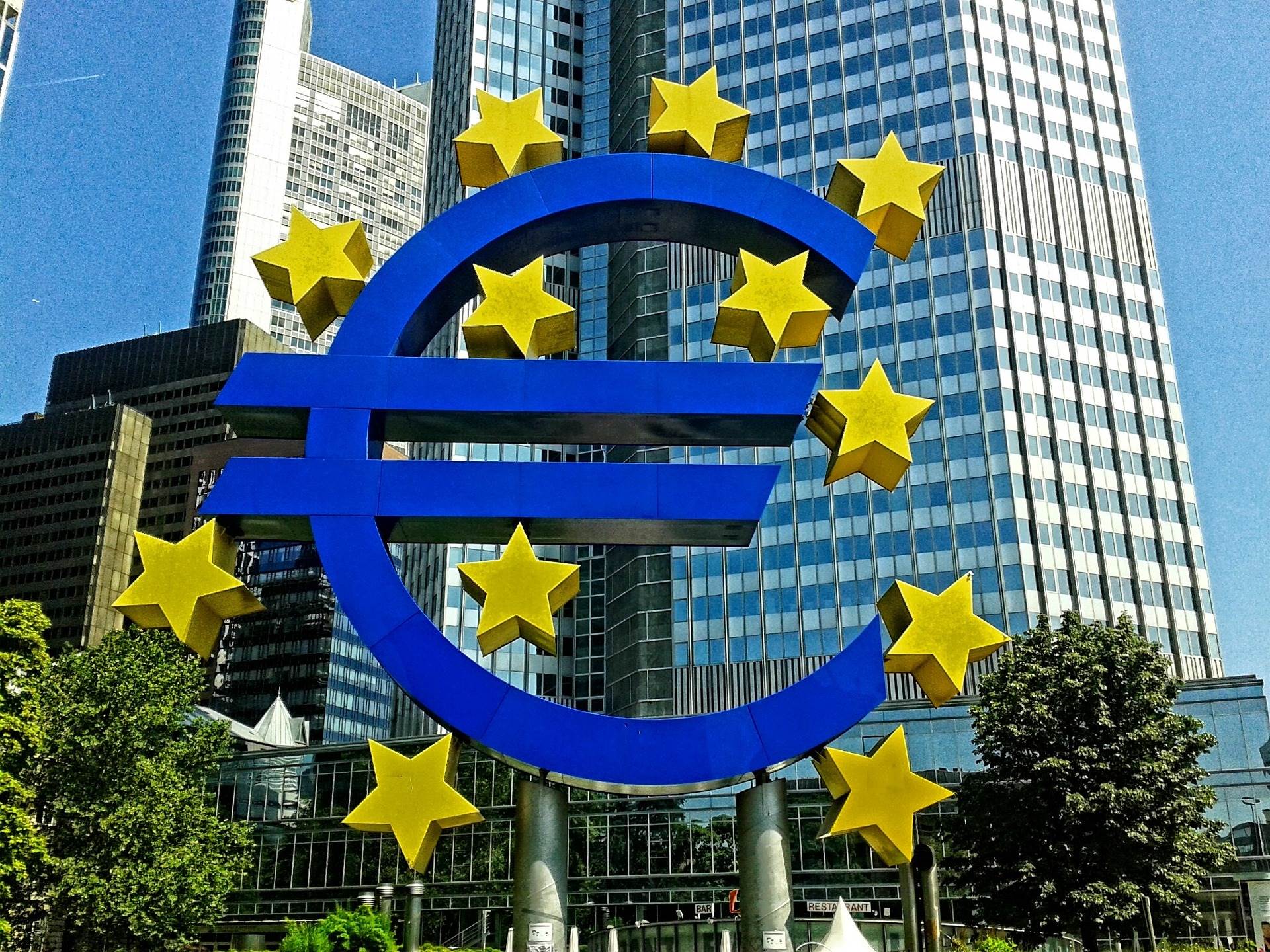 The Current ECB President, Christine Lagarde decided to avoid discussing monetary stimulus during her first speech, choosing to deliver a discourse that calls for Unity.
The Current ECB President, Christine Lagarde decided to avoid discussing monetary stimulus during her first speech, choosing to deliver a discourse that calls for Unity.
“I believe this is a message all of Europe needs to hear today,” she said, “A call to remember our better selves and not to allow self-doubt to drag us down," she added.
The ECB governing council is currently divided over several points, among them are fiscal Unity for the European Union and whether the central Bank should employ its tools to stimulate the economy. For countries like Germany, fiscal unity is inconvenient and the main role of the Central Bank is guaranteeing monetary stability, not stimulating the economy, causing a rift inside the ECB governing council.
“Of course, there have been different views about what constitutes a ‘good solution’ for Europe, such as the appropriate balance between sharing risks and reducing risks,” said Lagarde, making a reference to the European States with a budget surplus, which usually tries to hinder the chances of reaching an agreement in favor of a common budget or a common deposit insurance.
It's still not clear which position the ex-IMF Chief will take regarding those topics when asked about what her opinion was regarding monetary stimulus she simply said that those who are interested in knowing her position should leave the room, she also highlighted the necessity of mutual trust in order to have a sustainable monetary union.
"A monetary union comprising different sovereign states can only be sustainable if there is mutual trust," she explained, "sticking to rules... does not mean a lack of creativity or originality, It is this spirit that we will need to channel in our efforts to deepen our economic and monetary union," she added.
However, many suspect that Lagarde will follow her predecessor, Mario Draghi since last week she pointed at countries like Germany and the Netherlands, claiming that they have "chronic budget surpluses", making them able to spend more and help the union to address its "imbalances."
Europe is currently amid an economic slowdown, with exports-based economies like Germany suffering due to the current political and economic instability associated with the Brexit and Trump's trade war. The Eurozone manufacturing sector declined in October as its purchasing managers’ index (PMI) levels went up to 45.9 from September's 45.7, remaining in the contraction zone.
The Brexit Crisis continues
Recently the European Commission President Jean Claude Juncker complained about how long the Brexit process has lasted, highlighting his skepticism towards Boris Johnson's government claims about the feasibility of negotiating a post-Brexit trade deal between the United Kingdom and the European Union within a year.
"The Brexit process has gone on too long already," he said.
Junker made a reference to the trade deal between the Union and Canada, which took seven years.
"These things take time," he said "Just look at the free trade deal the EU negotiated with Canada. That took seven years," he added.
He also attacked Johnson's claims about the British Government's recent accomplishments regarding the Irish Backstop, making clear that under the current deal Northern Ireland would remain part of the customs union.
Meanwhile, Johnson keeps with his rhetoric of getting the Brexit Done, highlighting that reaching a conservative majority government on the next general elections would be helpful to attain such a goal.
By 11:07 GMT the EUR/USD pair rose 0.11 percent, at 1.1086. The GBP/USD went up 0.01 percent, reaching the 1.2883 level, while the EUR/GBP jumped 0.16 percent, at 0.8606.
